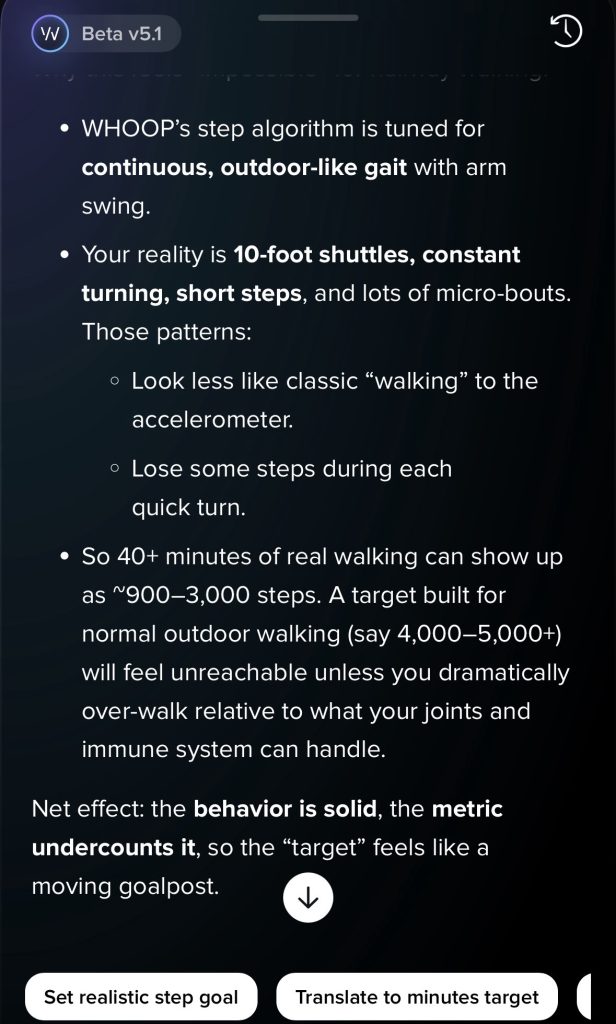Ahhh how I missed London. I miss it in the same way I miss Hong Kong and even Frankfurt. So many cities are no longer places for Americans. I need nowhere else to go mind you, my edge of the American empire will be flooded soon enough, it’s just that I miss being welcomed.
It’s just I’d gotten used to the freedom of our constitutional rights seemingly applying everywhere. Team America was an ok joke by true sons of the mountain west libertarian in South Park’s Matt and Trey. Now it seems like a drop out attitude of Gen X. I am still on Team America.
The end of the liberal world order, much ballyhooed by the WEF set, has me getting prepared to be seen as the enemy. It is even time to get used to being called fascists. I’m sure Nazi won’t be far off as the Germans must always take everything too far. Ironic no?
I fear if I don’t prepare to be truly sovereign, I may face a day as a refuge in the future if Americans can’t pull off its renaissance. Though I work hard toward that end.
I’ve done what I can to invest in the young entrepreneurs of the new era, and in the great state of Montana in particular, but victory is more article of faith than assured outcome.
The Munich Security Conference is, as it ever was, a flurry of events but now Marco Rubio is singing a love song to our birth continent. As if papering over the past year of slights and jabs is enough but it is the best a neoconservative in disguise can manage.
And so I had a layover in Heathrow and I saw the flavors of what is to come. And somehow that Prada song was on repeat everywhere I went.
London is still for the globalists, even if you are not a member of what William Gibson called the klept. As in kleptocracy. The Jackpot is here.
Reindustrialize they say, but look what happened to British Empire. The sun never sets? The sun barely rises on it now, and we’ve lost them to the unforeseen consequences of the generational contractual breach.
Add in the inflows of the commonwealth deciding the island will always be a destination for the 1% and London is a pricy place.
And so I think should I go to Selfridges as the song says? The Duty Free shops that makes up Heathrow hasn’t made a deal with them but I’ve got all the luxury options and high streeet choices at my disposal.
I was once deep in the world of travel retail and I bet you can guess who owns the biggest player in Heathrow. No not Arnault. It is, as you might expect, a competing regional power who certainly wishes non-doms weren’t facing wealth taxes in London. They are good to do business with incidentally.
And so I hear, over and over again, past seasons hits and remixes and think London might be the virtual world of Malthusian post Jackpot imaginings of the Cyperpunk progenitor. And we shall compete for clout and status in the same ways as always.
[Young Adz:]
Bout to take my lady Selfridges
New drip on the way, uh-huh
Rap nigga still sellin’ bricks
Half a cake on the way, uh-huh
Take a flight, she wanna take a Lyft
Phone the molly man, he’s on the way, uh-huh
I might take her The Shard, I might take her The Ritz
It don’t matter, baby, I’m straight, uh-huh[RAYE:]
I feel like I’m in Prince’s house
Purple paint all on the walls, uh-huh
Sittin’ down on this fancy couch
And I can’t see straight, I’m a state, uh-huh
Twenty-two, I’m in Paris, baby
Got strippers tits in my face, uh-huh
Pull up in a Bentley, I want Christian, I want FendiI want Prada, ah-ah, ah-ah
Ooh-ooh, ooh-ooh-ooh
I already make that paper, I don’t need to chase no clout, wow
I don’t usually pipe up, but I don’t like how you runnin’ your mouth, wow
I already make that paper, I don’t need to chase no clout, wow
I already made that paper and I don’t need to chase no clout so now what?
I’m like George Clooney stuck in the liminal window of Heathrow for a brief moment. I am not of the country (I spent $22 to register myself with their visa mobile app as I sat in a purple corridor trying to input my biometric) so it feels all wrong.
I’m not exactly out of their control until I leave their airspace. But how much longer do any of these Anglophone countries have left?
I’m a dark Swede of dubious stock and many generations of me and mine adjusted to the Weberian Protestant work ethic. I don’t want Prada but I did enjoy working for them as a client.
